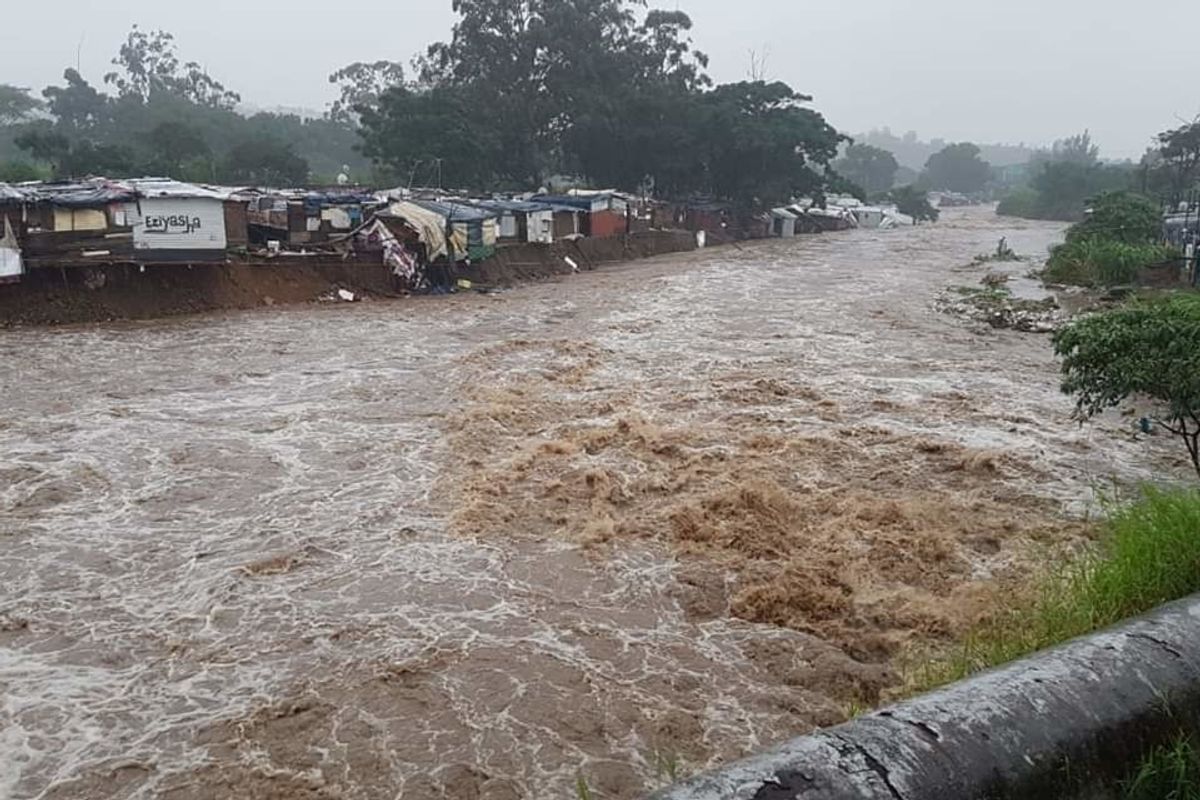
Serious Flooding Has Submerged South Africa's KwaZulu-Natal Province
At least 32 people have died with many others injured and numerous houses destroyed by mudslides.
SEARCH

At least 32 people have died with many others injured and numerous houses destroyed by mudslides.